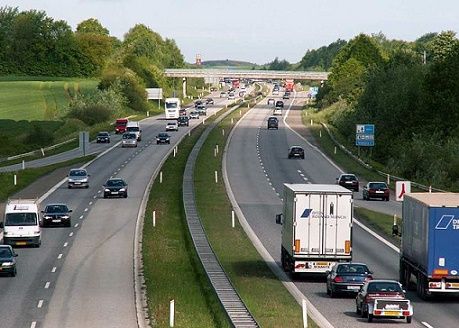Residents of Zealand and Lolland-Falster commute more and further than ever before.
A new analysis from Dansk Infrastruktur shows that the commute distance has risen by 24 percent from 2002 to 2019.
The average commuter from Zealand and Lolland-Falster travels 57.1 km per work day. Researchers see this as a result of the labor market’s increased flexibility.
“We have never commuted more than now. When a growing number of people choose to live further away from their workplace, our mobility becomes more important than ever before,” said Henrik Friis, the head of Dansk Infrastruktur.
The car is the most popular mode of transportation among commuters, accounting for 67 percent of all trips. Meanwhile, 10 percent take public transportation.
Advantage for local communities
The willingness to travel longer distances can prove to have several upsides. Especially for smaller cities and local communities.
“Throughout the country, the Danes’ willingness to travel longer has increased – as long as the means for transportation are present. The outcome may be that especially younger families choose to reside in local communities. Also, it will be easier for companies that are not located in or around big cities to attract the work force they need,” said Henrik Friis.















